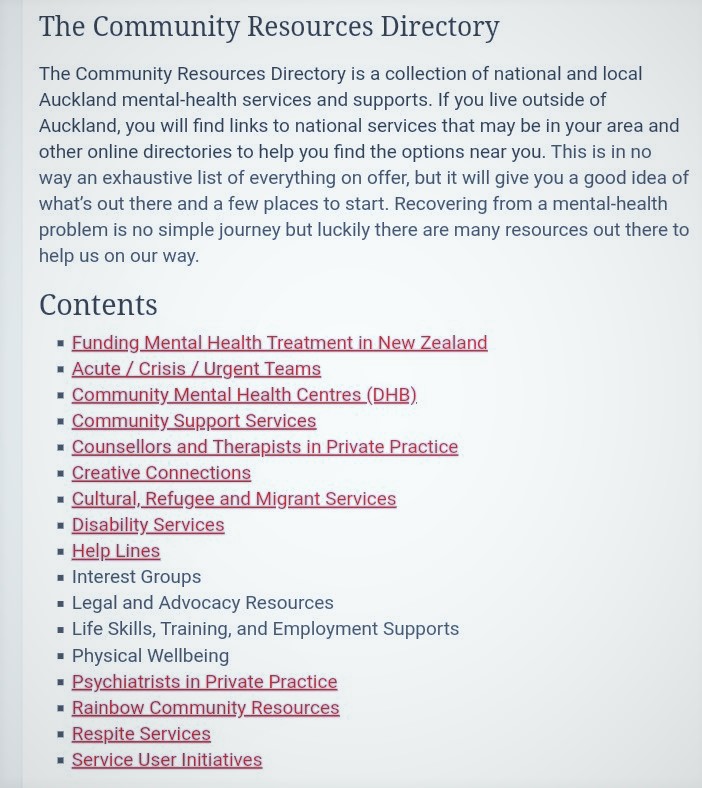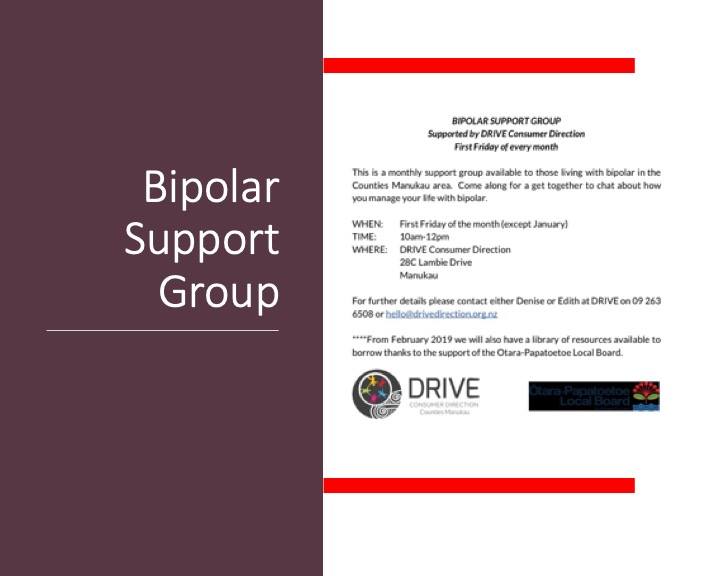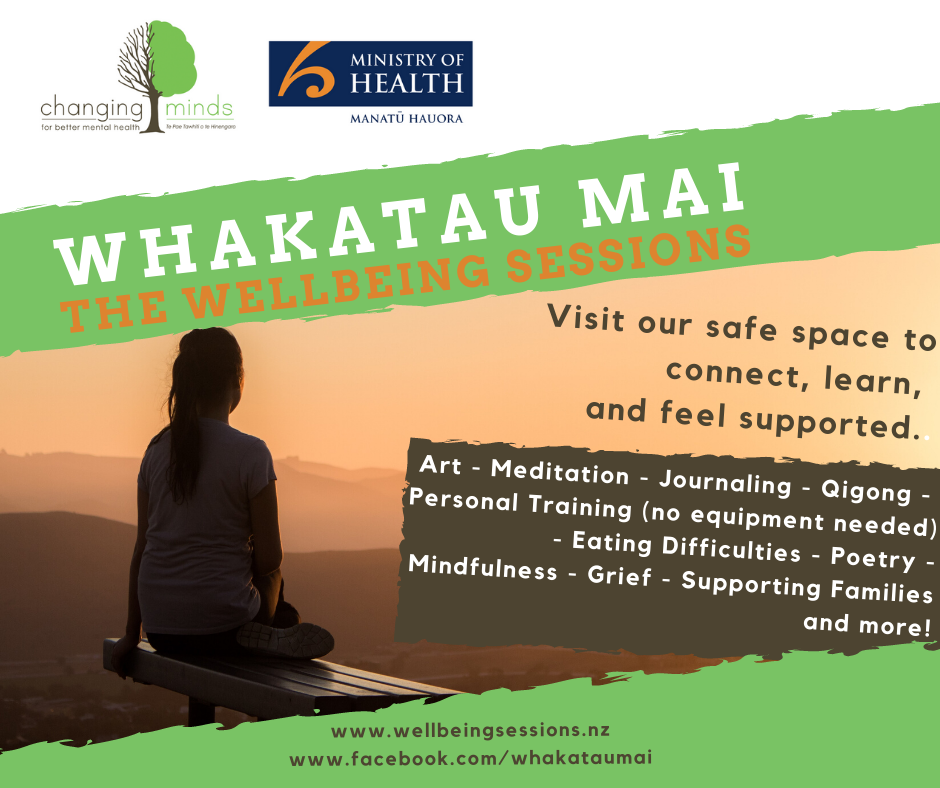The special collection on discontinuing psychotropic medications at Therapeutic Advances in Psychopharmacology has delivered up another valuable addition to the evidence base on antidepressant withdrawal.
Adele Framer is the founder of an online peer support network called SurvivingAntidepressants.org. She’s gone through antidepressant withdrawal herself and has born witness to many other journeys through these experiences since the late 1990s. In this review, she shares what she has learned about antidepressant withdrawal from this vast online community.
Abstract: Although psychiatric drug withdrawal syndromes have been recognized since the 1950s – recent studies confirm antidepressant withdrawal syndrome incidence upwards of 40% – medical information about how to safely go off the drugs has been lacking. To fill this gap, over the last 25 years, patients have developed a robust Internet-based subculture of peer support for tapering off psychiatric drugs and recovering from withdrawal syndrome. This account from the founder of such an online community covers lessons learned from thousands of patients regarding common experiences with medical providers, identification of adverse drug reactions, risk factors for withdrawal, tapering techniques, withdrawal symptoms, protracted withdrawal syndrome, and strategies to cope with symptoms, in the context of the existing scientific literature.
Explaining more about Surviving Antidepressants, Framer writes, “The name SurvivingAntidepressants.org came about because I had read that, of all those taking psychiatric drugs (one in six United States (US) adults) 95% were taking antidepressants. However, drug combinations being so common among site members, we offer support for tapering all psychiatric drugs, including benzodiazepines. The staff is all volunteers, usually experienced community members who have demonstrated interest and ability. We are careful to make it clear we provide only peer support and do not diagnose, prescribe, or provide medical advice or psychotherapy. We encourage members to “pay it forward” and support other members. We do not proselytize for going off psychiatric drugs; we offer tapering information only to those who request it. Our suggestions, which are intended to be discussed with prescribers, are based on publicly available information, such as drug package inserts, governmental agency data, and journal articles.”
Describing the community members, Framer notes, “About 6000 pseudonymous members have self-reported longitudinal case histories, including drug and tapering history, symptom patterns, and reflections on emotional state, some extending over years. Many sought help beyond primary care and emergency rooms, seeing multiple psychiatrists, elite clinics, and specialists such as neurologists and endocrinologists. Given the self-selection factors, these narratives likely tend towards more severe cases. Although their lives may be complicated by drug withdrawal difficulties, the vast majority are average people who received average treatment from primary care providers, psychiatrists, and other specialists. So widely dispersed geographically, yet so remarkably consistent in theme, the experiences of these individuals are a powerful indicator of the gaps in clinical practice regarding the prescription of psychiatric drugs.”
Regarding the withdrawal syndrome itself, Framer explains, “Withdrawal symptoms are not inconsequential […] withdrawal symptoms are the unwinding of drug-induced neurophysiological adaptation. Symptomatic experience of adaptation, dependence, tolerance, or withdrawal is individual. […] Across psychotropics, physiological dependence is developed in 1–8weeks; following discontinuation, immediate or acute withdrawal similarly lasts 1–8weeks. Physiological dependence on SSRIs has been found to occur in about 4weeks, risk of antidepressant withdrawal syndrome increasing after the same period. Antidepressant withdrawal symptoms have long been held to last a few weeks, which may represent only acute withdrawal while the drug’s target receptor at least partially re-adapts. However, across psychotropics, subsequent postacute withdrawal symptoms (PAWS, also known as protracted withdrawal syndrome or PWS), differing qualitatively from acute withdrawal, may last much longer, even years, indicating that further neurobiological re-adaptation occurs at individual rates, sometimes very slowly. PWS can be as debilitating and disabling as acute withdrawal symptoms. Our longitudinal case histories reveal that the arc of recovery from PWS is frustratingly halting and very gradual, with many setbacks, on a scale of 6months to years, much as
described in addiction medicine. […] After physiological dependence is established, withdrawal symptoms may occur following any reduction in dosage, during a taper, or after a drug switch, as well as discontinuation of the drug. The rate of drug tapering seems to influence the development of withdrawal symptoms throughout the taper and afterward, slower tapers probably allowing some neurological re-adaptation during the tapering process. We have found even mild withdrawal symptoms, which may indicate a lag in re-adaptation, may be compounded by subsequent reductions and become more difficult to reverse.”
Framer argues that close monitoring of the consequences of each reduction is important and notes that while it can be helpful to use mnemonics like “FINISH [flu-like symptoms, insomnia, nausea, imbalance, sensory disturbances, and hyperarousal (anxiety/agitation)]” it is important to keep in mind that these aids do not “capture the universe of PWS symptoms”. Because individual responses differ, it is important to pay attention to each individual’s specific experiences.
All of this seems remarkably consistent with the evidence on antipsychotic withdrawal. If you are wanting to learn more about the mechanisms of withdrawal, the experiences involved in antidepressant withdrawal, and the strategies that appear to help, definitely check this paper out.
Read the full text here (it’s free): What I have learnt from helping thousands of people taper off antidepressants and other psychotropic medications. Adele Framer, 2021, Therapeutic Advances in Psychopharmacology, 11, DOI: 10.1177/2045125321991274










